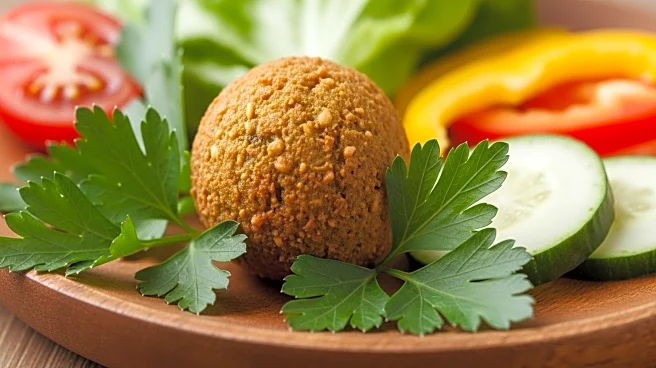Falafel, a popular Middle Eastern dish, is not only a culinary delight but also a subject of cultural and political debate. The dish, made from ground chickpeas or fava beans, is claimed by various countries in the region, leading to discussions about its origins and cultural significance.
Main Positions
The debate over falafel's origins is primarily between Israel and various Arab states. Each claims the dish as part of their national cuisine, which has led to tensions and discussions about cultural appropriation. Israelis often consider falafel a national dish, while Palestinians and other Arabs argue that it is a traditional Arab food.
Evidence and Arguments
Proponents of falafel's Arab origins point to historical evidence of its preparation in Egypt and other parts of the Arab world. On the other hand, Israelis emphasize the dish's popularity and integration into Israeli cuisine as evidence of its national significance. These arguments are often intertwined with broader political and cultural issues in the region.
Points of Consensus
Despite the debates, there is a general consensus that falafel is a quintessential Middle Eastern dish enjoyed by people across the region. It is a staple in many diets and is celebrated for its versatility and flavor. The dish's widespread popularity is a testament to its appeal and cultural importance.
Open Questions
The debate over falafel's origins raises broader questions about cultural identity and appropriation. How can countries share culinary traditions while respecting each other's cultural heritage? These questions remain open, as the dish continues to be a symbol of both unity and division in the Middle East.

 Discover Daily
Discover Daily 






